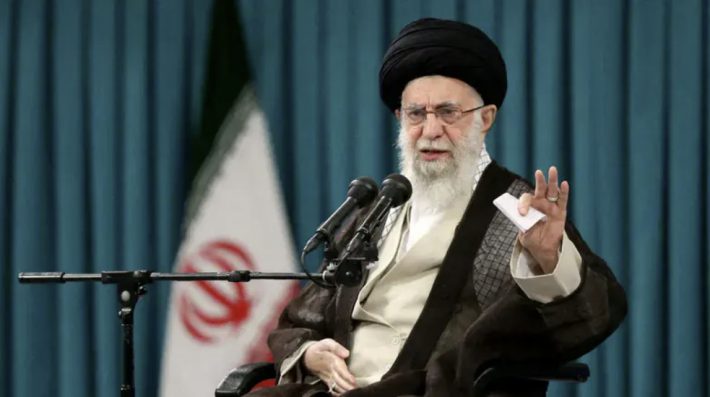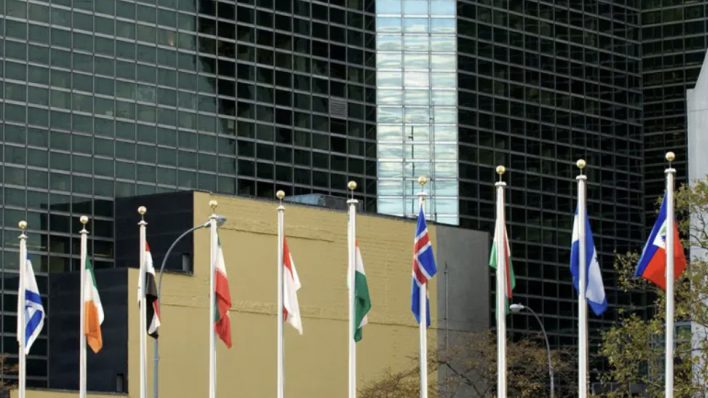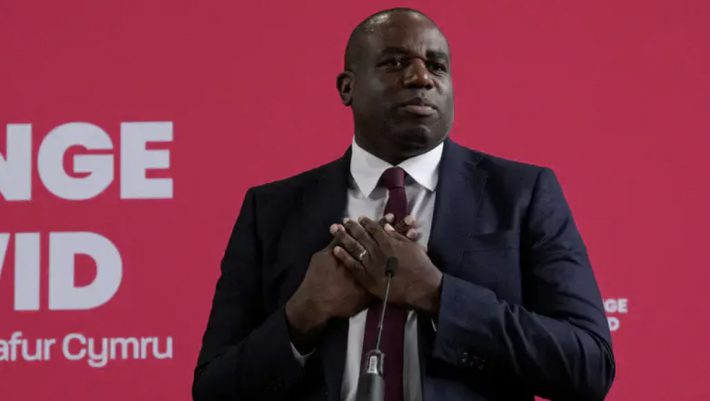A UN peacekeeping unit shot down an Israeli drone amid conflicting accounts, exposing deep mistrust as Israel pushes to end Hezbollah’s armed dominance in Lebanon.
A seemingly minor drone incident along the Israel–Lebanon border erupted into diplomatic turbulence this weekend as UNIFIL peacekeepers shot down an Israeli reconnaissance drone, prompting conflicting narratives from the UN and the Israel Defense Forces (IDF). The confrontation underscores the fragile calm along the northern frontier — and the deep strategic divide between Israel’s fight against Hezbollah and UNIFIL’s fading mission.
According to the IDF, the drone was engaged in routine intelligence-gathering operations near Kfar Kila, close to UNIFIL patrols, when it was mistakenly targeted by the peacekeepers.
“The drone was conducting routine reconnaissance. It did not attack or threaten the UNIFIL troops,” stated IDF Arabic Spokesperson Lt. Col. Avichay Adraee, clarifying that Israeli forces threw a defensive grenade toward the crash site to prevent Hezbollah from seizing classified components.
UNIFIL, however, issued a sharply different version, claiming that the drone flew “in an aggressive manner” over a patrol and that peacekeepers “applied necessary defensive countermeasures” to neutralize it. The mission further alleged that an Israeli drone dropped a grenade near them and an Israeli tank fired toward the location, though no injuries were reported.
The IDF dismissed this as grossly exaggerated, emphasizing that Israel’s defensive action was aimed at securing its own downed drone — not at UN peacekeepers.
The backdrop to the incident is a volatile ceasefire following last year’s war with Hezbollah, which erupted after the October 7 Hamas massacre. Hezbollah joined the assault by launching hundreds of rockets into northern Israel, triggering months of retaliatory Israeli strikes that devastated its southern Lebanon strongholds.
Now, with mounting international pressure on Beirut to disarm Hezbollah and Israel intensifying strikes on cross-border threats, UNIFIL finds itself increasingly irrelevant. Created after Israel’s 1978 Lebanon incursion and expanded post-2006 war, the force’s credibility has plummeted amid Hezbollah’s growing control of the very territory UNIFIL was meant to monitor.
Earlier this year, the UN Security Council voted to terminate UNIFIL’s mandate by December 2026, effectively signaling the end of a mission long accused of turning a blind eye to Hezbollah’s arsenal and tunnel networks.
Israel sees the drone episode as a symptom of a deeper dysfunction — UN forces operating in Hezbollah-controlled zones while claiming neutrality. As one Israeli analyst put it:
“UNIFIL can shoot at Israeli drones, but not at Hezbollah rocket crews firing from under its nose.”
For Israel, the message is clear: Hezbollah’s disarmament remains unfinished business, and any international mission unwilling to confront terror will only embolden it.





